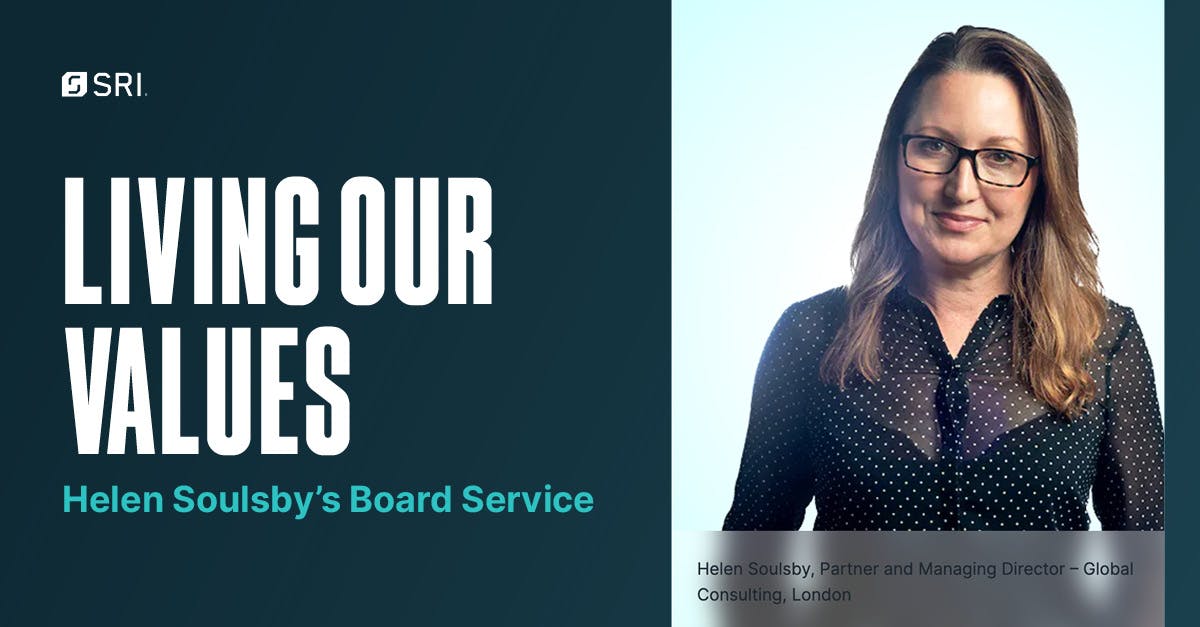I was fortunate to open the new year in the Alps and, like many, I was struck by the soaring temperatures and rocky faces of my beloved snow blanketed peaks. Mountain-oriented sports and activities occupy my time outside of work, and this became one of those shivering moments to me that climate change is not just a threat but an active nightmare. Returning to the city later that week, I made a personal commitment to be more “green”. Nothing revolutionary here; I walk everywhere, I don’t eat meat, I avoid single-use plastic as much as I can. But I’ve become increasingly aware that a greener mindset does not necessarily translate into my work.
In our field of work, we help clients with talent solutions through search and consulting projects. Increasing revenue, enhancing diversity, governance structures, and improving culture are commonplace in our discussions, but it is only recently that we talk about how these talent solutions can help our clients with their sustainability strategies.
I’m a member of our Sport practice, and it’s been apparent for a number of years now that sponsorship and commercial roles in sport especially have long been removed from logos and labels on cars and shirt sleeves and have grown to discussions about creating mutually beneficial partnerships. Today, this nuance is evolving further: how do those partnerships impact a broader ESG strategy for both companies?
UK Sport released its sustainability strategy last month and highlighted the existential threat of climate upon the future of major events. A typhoon at the Japan Rugby World Cup, lack of snow for the last Winter Olympics… just a couple of examples that the future of our sport ecosystem is under threat, and our clients need to respond and adapt. The attraction of greener sports entities such as Formula E, SailGP are capturing my interest in our attention economy, and I can say the same for my peers.
Future-proofing an organisation herewith adopts a new meaning. The “rise of the Chief Sustainability Officer” will likely be written about later this year, but what about our leaders today? How can we help our clients think about sustainability in those they bring onboard at all levels? And in the talent consulting processes we are retained to do?
Working practices like limiting paper printing, conserving air conditioning, and eco-friendly commuting are all quick fixes. We’ve seen copious examples of how the office/WFH models have environmental benefits, however I was struck last week by a headline of a major investment bank asking for a return to a 5-day week. Surely fewer people using less transport to get to the office can only improve a business’ carbon footprint? Avoiding the takeout packaging in favour of home meals a couple of times a week? I’m sold. At SRI, we are also looking to partner with a tree-planting business to offset our carbon emissions.
Further to this notion, what can we do as a business to help our clients improve their carbon footprint through the people they hire? One cannot ignore the impact and value of an in-person meeting, however much of the search process is now done virtually. Should we be encouraging our clients to hire executives who have demonstrated that they have implemented “green” initiatives in their previous role? Should we be baking sustainability discussions into our candidate assessments? It certainly seems like a good first step.



